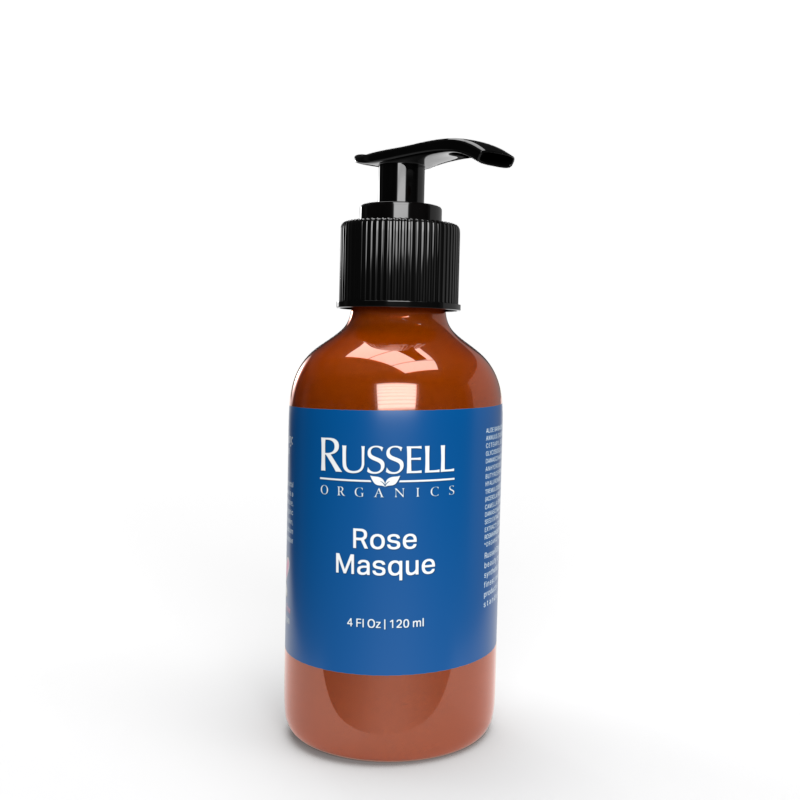The Research Behind Enhancing a Glowing and Rejuvenated Skin
The Research Behind Enhancing a Glowing and Rejuvenated Skin
Blog Article

Maintaining a flawless complexion is about more than inherited traits—it requires a consistent beauty care routine. Since the skin is our most expansive organ, it encounters numerous atmospheric stressors, sun exposure, and other influences that influence its health and appearance. An everyday practice incorporating cleansing, hydration, masques, serums, and beauty oils is essential to ensuring skin that remains youthful and resilient.
Washing the face every day forms the foundation of any effective skincare routine. Throughout the day, the skin accumulates dirt, sebum, and bacteria, which, if not removed, can lead to blemishes, a tired look, and other concerns. Cleansing eliminates these residues, ensuring a clean complexion. That being said, it’s important to use a non-irritating cleanser appropriate for one’s skin type so as not to cause over-drying. Cleansers with strong chemicals may strip essential moisture, leading to flakiness. Individuals prone to irritation should opt for hypoallergenic options. People prone to shine may prefer gel-based washes that provide balance while maintaining hydration. Nourishing cleansers work best for parched complexions, ensuring hydration while cleansing.
Following cleansing, moisturizing is a must in any skincare routine. Hydrating lotions help to replenish hydration, reducing the chances of flakiness or sensitivity. Regardless of skin condition, hydration is necessary. Oily or acne-prone individuals can opt for gel-based moisturizers that nourish without greasiness. Parched complexions, a deeply hydrating product is more effective. Those with both oily and dry areas requires balanced hydration that neither overwhelm nor under-hydrate. With consistent use, a good moisturizer maintains soft, radiant texture.
Facial oils are highly recommended because they provide deep hydration. Unlike conventional moisturizers, natural oils penetrate deeper to supply intense nourishment. Examples include squalane oil, that are rich in antioxidants, help to repair. For those with oily skin, lightweight oils like jojoba regulate oil production. Aging skin see the most results with nutrient-dense oils including marula, which restore moisture. Incorporating a facial oil as a final step helps lock in read more hydration, leading to soft, healthy-looking skin.